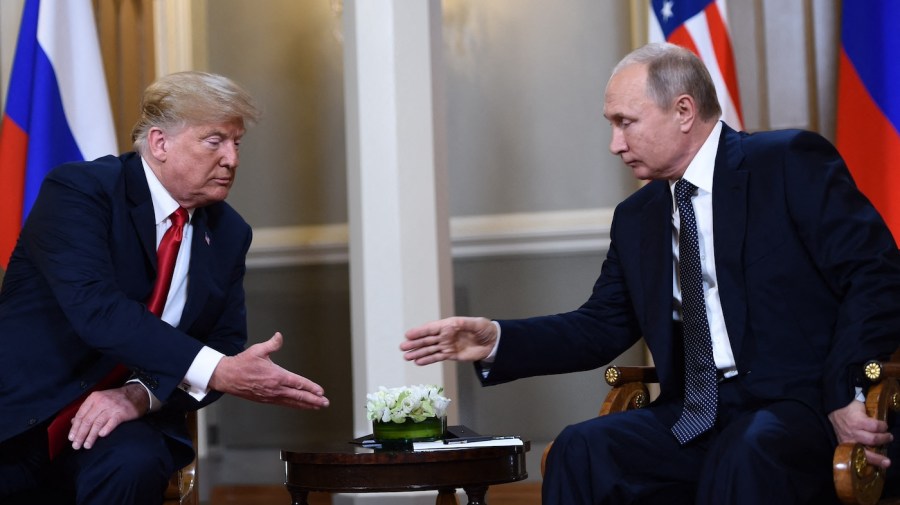Quick Bytes
- Trump hinted at bombing Moscow if Russia’s aggression continues and Beijing if China invades Taiwan.
- His comments echo the rhetoric of Dmitry Medvedev, known for his nuclear threats against the West.
- The strategy of verbal intimidation is risky and could lead to increased aggression or potential reconciliation.
Trump’s Bold Rhetoric on Global Threats
Former President Donald Trump’s recent statements at a fundraising event have sparked discussions about his approach to international threats. Trump suggested he would consider bombing Moscow in response to Russian aggression in Ukraine and would act against Beijing if China invaded Taiwan.
Trump’s remarks, which did not cause widespread alarm in the U.S. media, mirror the aggressive posturing of Dmitry Medvedev, Russia’s former president, who often threatens the West with nuclear retaliation. While Medvedev’s comments are likely approved by the Kremlin, they aim to unnerve Western policymakers and the public, suggesting a nuclear endgame could be on the table for Russia.
The article argues that Trump’s willingness to engage in saber-rattling is both concerning and potentially effective. It raises the question of whether matching Russia’s aggressive rhetoric could lead to de-escalation through fear of mutual destruction or whether it would only heighten global instability.
Despite the uncertainty surrounding the seriousness of these threats from both Trump and Medvedev, the article suggests that such unpredictable behavior could be more alarming than reassuring, leaving the world in a precarious state with two unpredictable leaders at the helm.
The piece concludes by reflecting on the implications of this brinkmanship, with the potential for either side to misinterpret the other’s intentions, leading to catastrophic outcomes.



